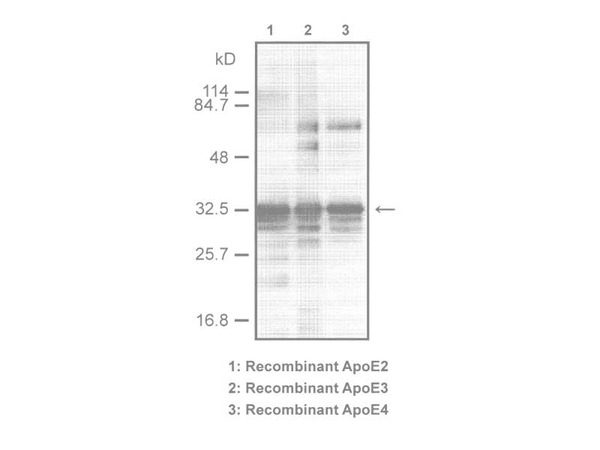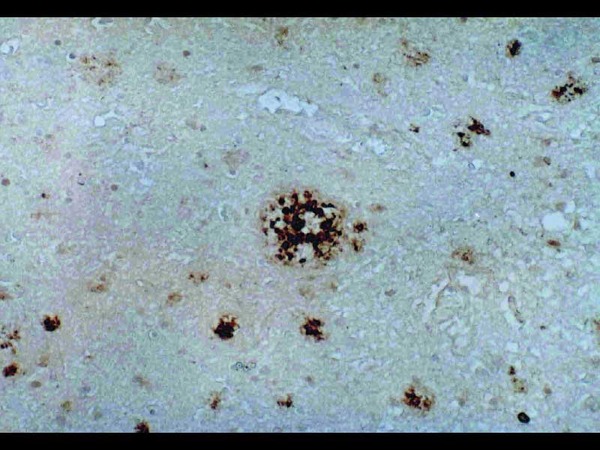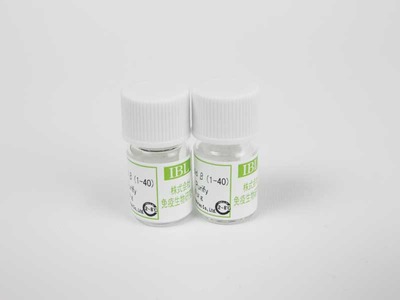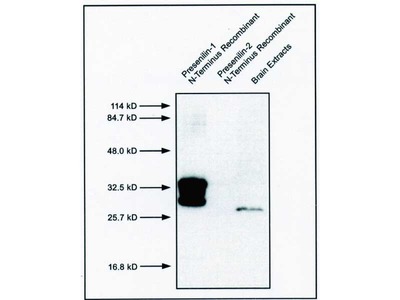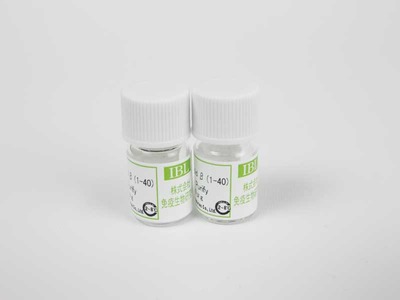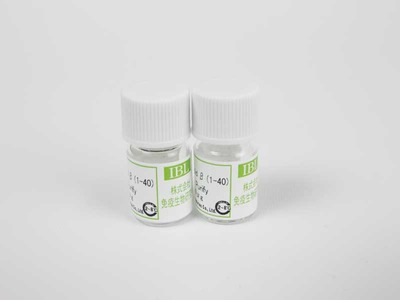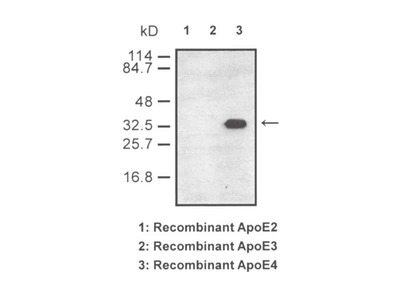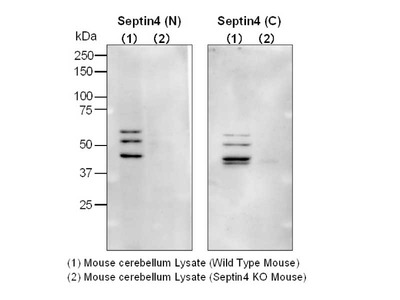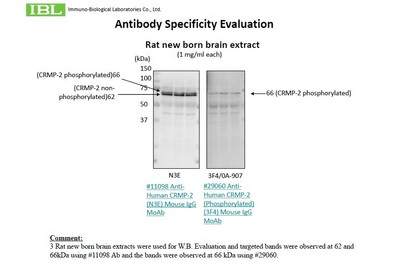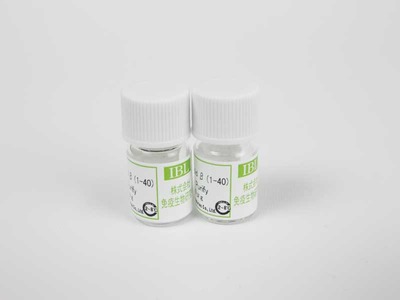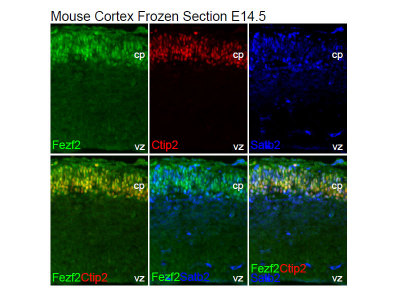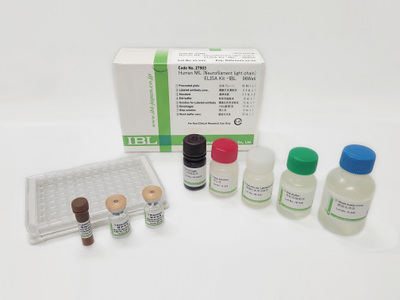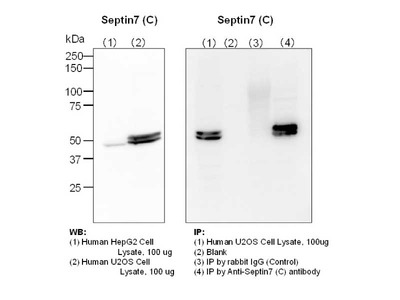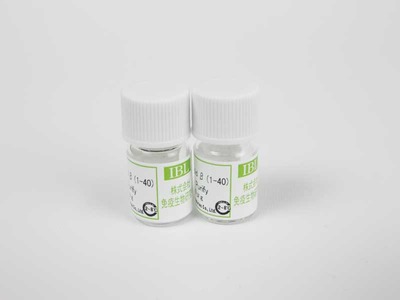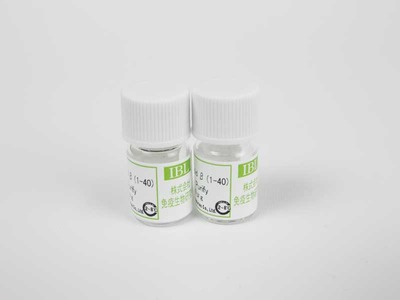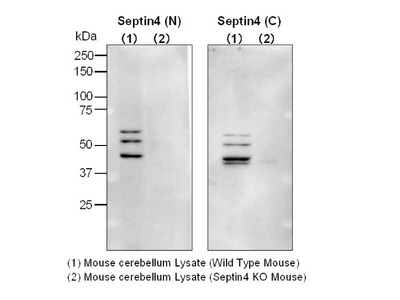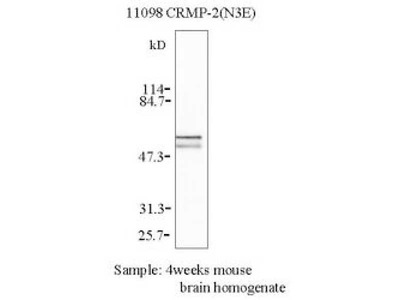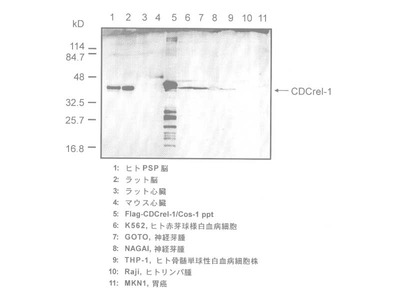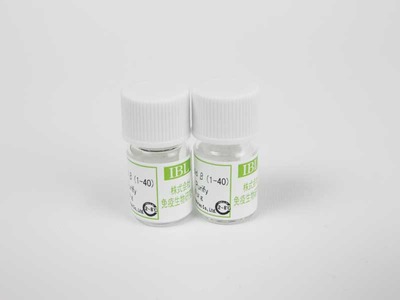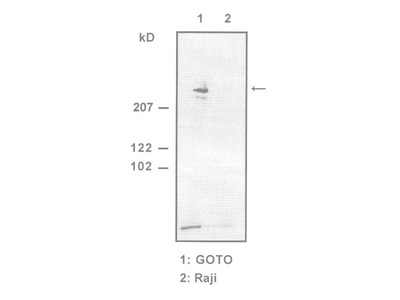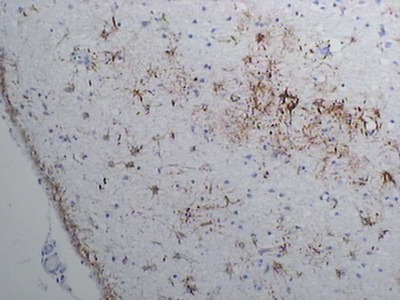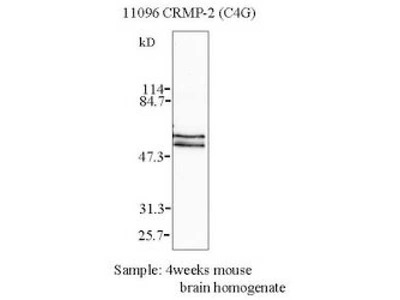- HOME >
- For Researchers >
- Product Search >
- Search Result >
- #18171 Anti-Human ApoE (A299) Rabbit IgG Affinity Purify
Product Search
#18171 Anti-Human ApoE (A299) Rabbit IgG Affinity Purify
- Intended Use:
- Research reagents
- Application:
- WB, IHC
- Package Size1:
- 100 μg
- Package Size2:
- 5 μg
- Note on Application Abbreviations
- WB:Western Blotting
- IHC:Immunohistochemistry
※ The product indicated as "Research reagents" in the column Intended Use cannot be used
for diagnostic nor any medical purpose.
※ The datasheet listed on this page is sample only. Please refer to the datasheet
enclosed in the product purchased before use.
Product Overview
Product Overview
| Product Code | 18171 |
|---|---|
| Product Name | Anti-Human ApoE (A299) Rabbit IgG Affinity Purify |
| Intended Use | Research reagents |
| Application | WB, IHC |
| Species | Human |
| Immunizing antigen | Synthetic peptide of the C terminal part of Human ApoE |
| Purification Method | Purified with antigen peptide |
| Specificity | Reacts with ApoE2. ApoE3 and ApoE4 |
| Package Form | Lyophilized product from 1 % BSA in PBS containing 0.05% NaN3 |
| Storage Condition | 2 - 8℃ |
| Poisonous and Deleterious Substances | Applicable |
| Cartagena | Not Applicable |
| Package Size 1 | 100 μg |
| Package Size 2 | 5 μg |
| Remarks1 | The commercial use of products without our permission is prohibited. Please make sure to contact us and obtain permission. |
Product Description
Product Description
Apolipoprotein E (ApoE) is a structural component of very low-density lipoprotein (VLDL) synthesized by the liver and intestinally synthesized chylomicrons. It is also a constituent of a subclass of high-density lipoproteins (HDLs) involved in cholesterol transport activity among cells. One of the most important roles of ApoE is to mediate high affinity binding of chylomicrons and VLDL particles that contain ApoE to the low-density lipoprotein (LDL) receptor. This allows for the specific uptake of these particles by the liver that is necessary for transport preventing the accumulation in plasma of cholesterol rich remnants. There are indications that ApoE is also involved in immune system regulation, nerve regeneration and muscle.
FAQ
FAQ
-
 Q.Can this antibody be used on mice or rat samples ?
Q.Can this antibody be used on mice or rat samples ? -
 A.No, they cannot.
A.No, they cannot.

